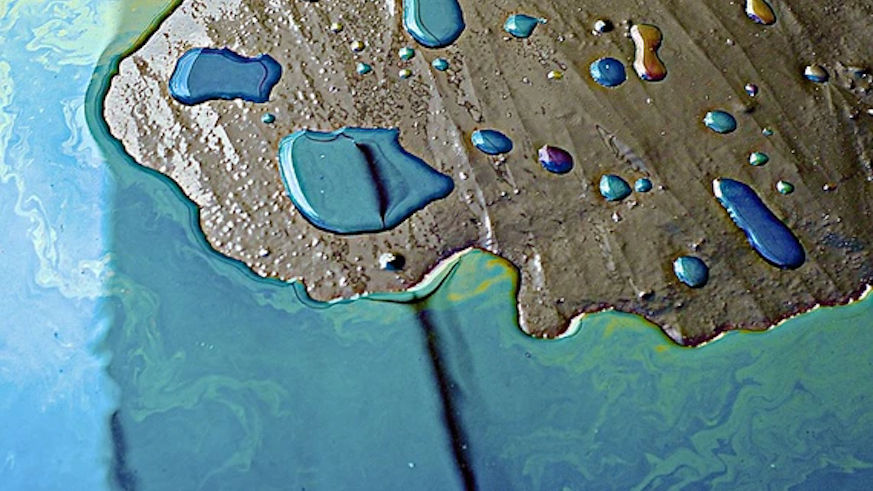Celebrating Sea4All project success
26 May 2020

Sea4All, the two-year project to drive awareness of the impact of marine pollution among young people, celebrates success as it comes to a close.
Marine pollution is threatening the world’s oceans, caused primarily by human activities such as plastic pollution and disasters such as oil spills. A key part of the solution to this problem is a strong environmental awareness of the impact and cost of marine pollution.
Education, especially when focused on children, is a key factor in helping to reduce human impact on our oceans. Raising awareness of the threat that plastic and oil pollution poses to the health of the ocean can encourage changes in young people's attitudes and behaviours, inspiring them to take positive actions towards solving these challenges.
Through the Sea4All project, Dr Tiago Alves of the School of Earth and Environmental Sciences and a team from institutions in Greece, Cyprus and Romania have raised awareness of marine pollution among school children and educational institutions across Europe and the UK. The project is part of a special educational curriculum for enhancing environmental awareness, particularly related to marine pollution issues.
Using innovative technologies, such as multilevel game-based learning tools and e-learning platforms, the team of scientists have developed an educational portal for 10-14-year old school children, which includes games and classroom materials.
Dr Tiago Alves says that one of the most successful parts of the project included “the completion of an electronic game for use in classrooms across the world.” He also noted that this project was having a global impact, with “multiple sessions with teachers and educators in Romania, Cyprus and Greece,” and noting that “Cyprus and Greece are changing their High-school and late Primary School curricula to accommodate aspects on how to mitigate marine pollution as a whole.”
Although Sea4all has now come to an end, Dr Alves says the work is far from over, and will continue to have an impact within the educational and scientific community. “We also have a paper in review in Scientific Reports that will present to teachers and scientists the main results of the project, i.e. where the marine pollution actually comes from...as not all of it is sourced from marine areas.”
This two-year project was co-funded by the Erasmus+ Programme of the European Union and coordinated at FORTH-HELLAS, Crete, by Dr Vassilis Kontogiannis.